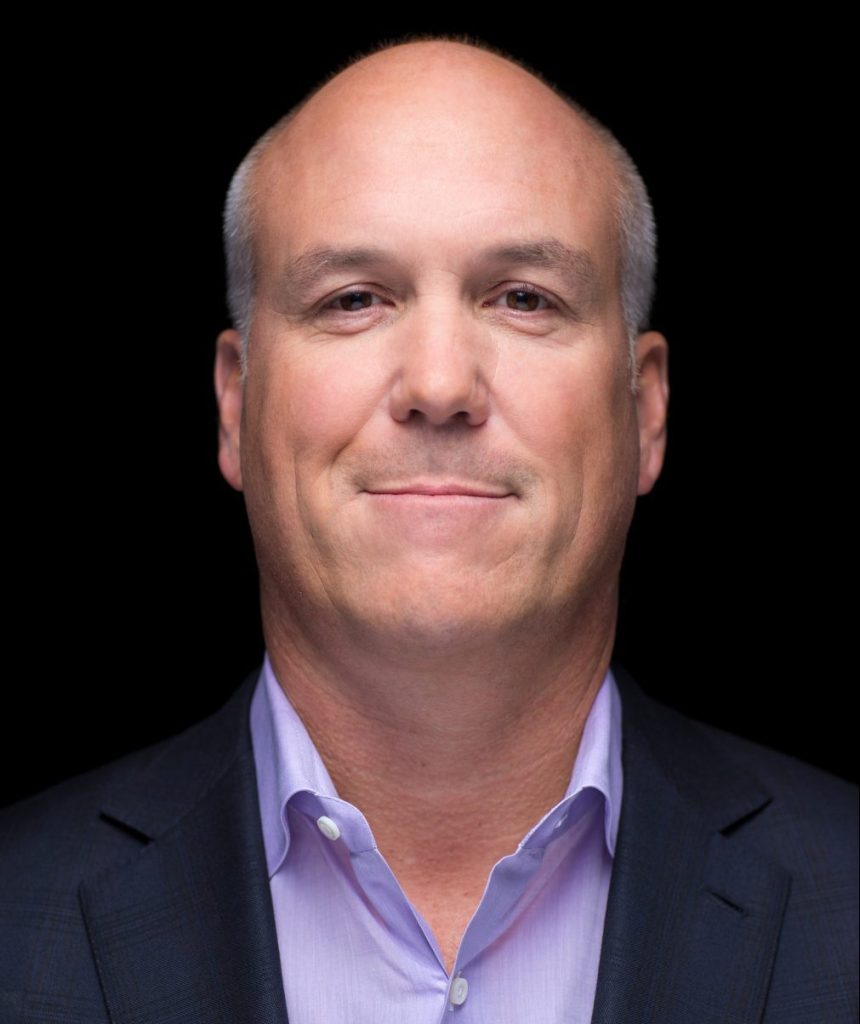This is one of a series of Op-Ed articles from industry leaders on how their companies are adapting to the market changes caused by the coronavirus and viewpoints on proposed solutions to market challenges
Experience has shown me that, when functioning at its best, the mortgage industry works in partnership with lenders, servicers, real estate agents and housing counselors, all collaborating to help families achieve a big part of the American Dream.

Guest Author
Every day, people rely on mortgage professionals for clarity and direction as they navigate the process of buying or refinancing a home. They seek out our expertise in simplifying the complex; helping clients understand complicated issues like interest rates, financial requirements, guidelines and how to make the best financial decisions for themselves and their families.
Now, more than ever, we need this commitment to collaboration in the housing finance ecosystem – and it must extend beyond the usual scope. Because of the coronavirus outbreak, and the resulting economic hardships that have added stress and challenges throughout the country, it is imperative that public-private partnerships between policymakers and industry set the tone of clarity and accuracy to protect and educate consumers.
Congress has called on the industry to provide forbearance for consumers who are experiencing difficult financial circumstances, and frankly, it’s the right call, given what we are facing as a nation.
But to do this right, we must provide a clear and unified message.
It is not helpful to promote and encourage forbearance for homeowners without fully educating consumers about what that entails. The confusion surrounding what forbearance means, and who should apply for it, results from miscommunication. There are consumers who should apply for forbearance and many who should continue to make their payments because they can. Applying for mortgage assistance when it isn’t needed just slows down the process for the many Americans who do need it.
This need for a clear message also extends to all elected officials, many of whom have made statements of mortgage relief being offered to their citizens, without the ability to enact the change.
While I’m certain this is being done out of care and concern, it places undue stress on mortgage servicers and consumers alike. This practice must stop now.
This is a time for unity and clarity.
The reality about a forbearance is, when the forbearance period ends (which will typically be between three-12 months), the missed payments become due. There are generally three ways to address those missed payments: 1) Pay the total amount at once (a lump-sum); 2) Enter into a repayment plan; or 3) Modify the mortgage terms to create a new affordable long-term payment.
Each option has pros and cons. A lump-sum is likely untenable for most. Many won’t qualify for a repayment plan given the significant payment increases that will result. And modifications can increase the term of the mortgage or, depending on the circumstances, alter the interest rate.
Forbearance can be an excellent way to provide relief to a temporary loss or reduction of income. But again, it is critical that homeowners fully understand how forbearance works, which may differ depending on the type of loan the homeowner has, so they can make the best choice for their unique circumstance. This requires education and patience with clients who are likely frustrated and confused.
That’s why the need for a public-private partnership is so critical – to ensure core messaging from servicers, GSEs and government officials is delivered to consumers across the country in a clear, accurate manner, in order to avoid extra confusion in this time of high stress.
Great things happen when the public and private sectors work together.
At Quicken Loans, we are stepping up to assist our hometown of Detroit during this pandemic. Given the unprecedented nature of what we are currently experiencing, we cannot expect the city’s government to handle this on its own. To get through difficult times it takes extraordinary cooperation and collaboration.
Just last week, in five short days, 100 Quicken Loans team members stood up technology and logistics to ensure the City of Detroit could test 400 residents per day for COVID-19. But we weren’t alone. JP Morgan Chase also played a pivotal role in securing a testing lab. What was even more incredible was that nobody involved in the project cared who got credit, we were in this effort for the greater good of the community.
Lenders aren’t the only organizations in the mortgage space that are making a positive impact on their communities. The Mortgage Bankers Association established its Open Doors Foundation in 2011 to provide mortgage and rental payment assistance to families with critically ill or injured children so that parents and guardians could focus on the medical needs of their loved ones. Since its inception, Open Doors has raised roughly $7 million to assist nearly 5,000 families throughout the country.
The outpouring of gratitude and support is happening at the local level too, with many mortgage brokers around the country rolling up their sleeves to help serve their communities. Bander Mortgage in Glencoe, Illinois is making donations of $100 in their clients’ names to various COVID-related community groups. Grant Stern, President of Florida-based Morningside Mortgage, is helping lead the charge for MasksNow.org, a coalition of more than 1,000 volunteers hand-sewing masks for our medical heroes and fellow citizens.
Many other present-day examples exist in relation to the current coronavirus outbreak, with companies putting in additional effort to feed our brave medical personnel and first responders, build much-needed masks, build and distribute ventilators, coordinate additional COVID-19 test stations and convert building space into hospitals so more people can receive care.
In challenging times, it is amazing just how much good can be seen all around us – especially when we take down our invisible walls and work together. History has shown us this repeatedly. It truly is the American way.
The current need in the mortgage industry for government agencies and private lenders to work together and speak in a unified, easy-to-understand voice is more important than ever. It’s up to all of us – lenders, state and federal government officials, FHFA, Fannie Mae, Freddie Mac, Ginnie Mae, FHA and so many more – to come together to best serve consumers, and support peoples’ homeownership dreams in a responsible and crystal clear manner.
Let’s show our country what is possible when people truly come together.
Bill Emerson is Vice Chairman of Quicken Loans and the Former Chairman of the Mortgage Bankers Association.






